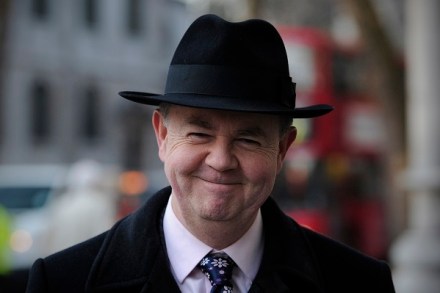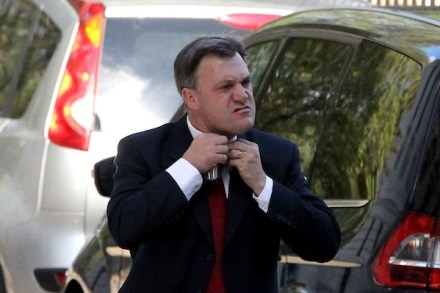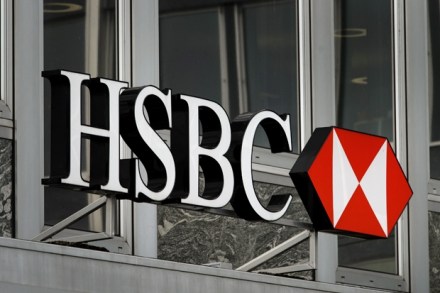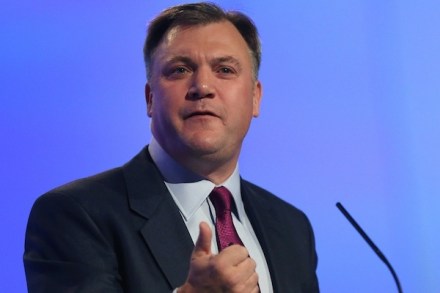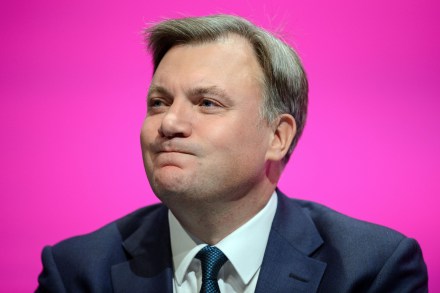Paul Foot Award 2014: Private Eye wades in on HSBC scandal
Mr S was a guest at last night’s Paul Foot Award, the investigative journalism prize co-hosted by the Guardian and Private Eye. While Alan Rusbridger was unable to attend the Piccadilly bash, his co-sponsor Ian Hislop made sure the departing Guardian editor-in-chief’s presence was felt. ‘Alan’s not here. He is retiring as you know, he’s very retiring, he never mentions the Pulitzer prize,’ he said to roars of laughter from the audience. Next in Hislop’s firing line was Hugh Grant, with the Private Eye editor taking aim at the Love Actually actor for his recent claim in the Guardian that it was Hacked Off who saved the press from police spying. ‘Interestingly Hugh Grant wrote a
